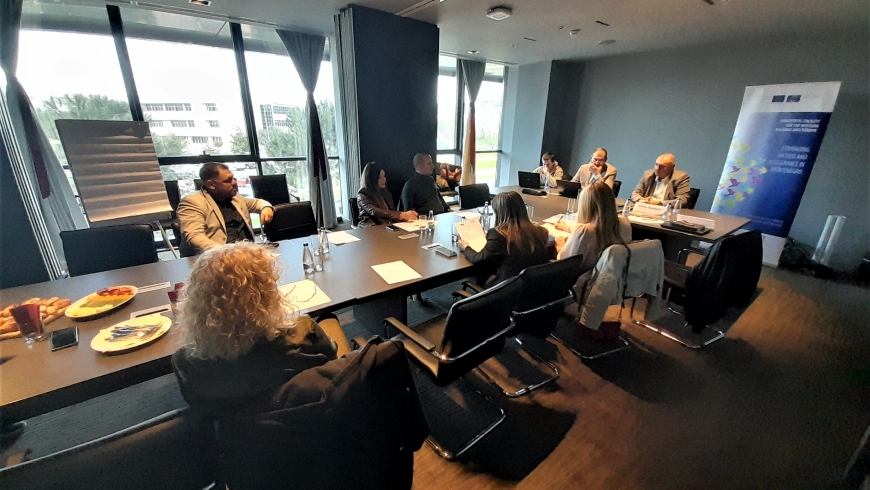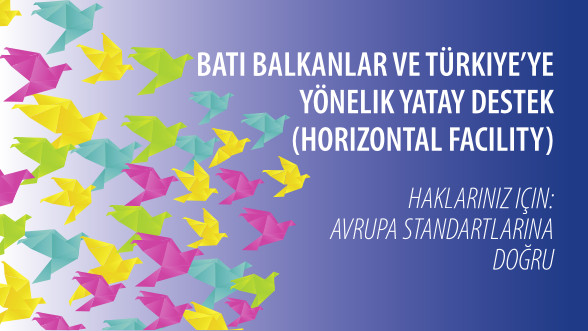An open discussion and group interviews involving various stakeholders among which civil society organisations, media, and government representative, took place in Podgorica on 15 March.
As a follow up of the first round held in October 2023, this round of interviews has expanded the number of actors involved in collecting inputs, suggestions, and analyses on hate speech in Montenegro, aiming to create a comprehensive overview of the phenomenon at national level. This collaborative effort, led by the European Union and the Council of Europe, alongside Centre for Democracy and Human Rights (CEDEM) and the Ombudsperson Office, marked the continuation of an extensive hate speech mapping endeavor for Montenegro, slated to continue for the whole 2024, developing a national roadmap, guiding the future strategies and policies aimed at combating hate speech in Montenegro.
The discussion began by dissecting the global definition and traits of hate speech, referring to the General Recommendation No. 15 of the European Commission against Racism and Intolerance (ECRI) as a starting point for a deeper analysis. Participants shared real-life examples and engaged in dialogue with experts, aiming to understand and address the challenge of combating hate speech in Montenegro. The event served as a forum for constructive dialogue and knowledge exchange among different stakeholders whose experiences provided a multifaceted understanding of the issue of hate speech in Montenegro.
The insights learned from these engagements, coupled with ongoing workshops and research endeavors, including incident analysis, will culminate in a comprehensive examination of the phenomenon. Employing a blend of focus groups, workshops, and rigorous research, the mapping exercise endeavors to analyze causes, expressions, and impacts of hate speech in Montenegro, aligning with the definition outlined in the Council of Europe's Committee of Ministers Recommendation on Combating Hate Speech from 2022.
The initiative was supported by the European Union and the Council of Europe, through the joint action "Combating hatred and intolerance in Montenegro", implemented within the joint European Union/Council of Europe programme "Horizontal Facility for the Western Balkans and Türkiye”.


